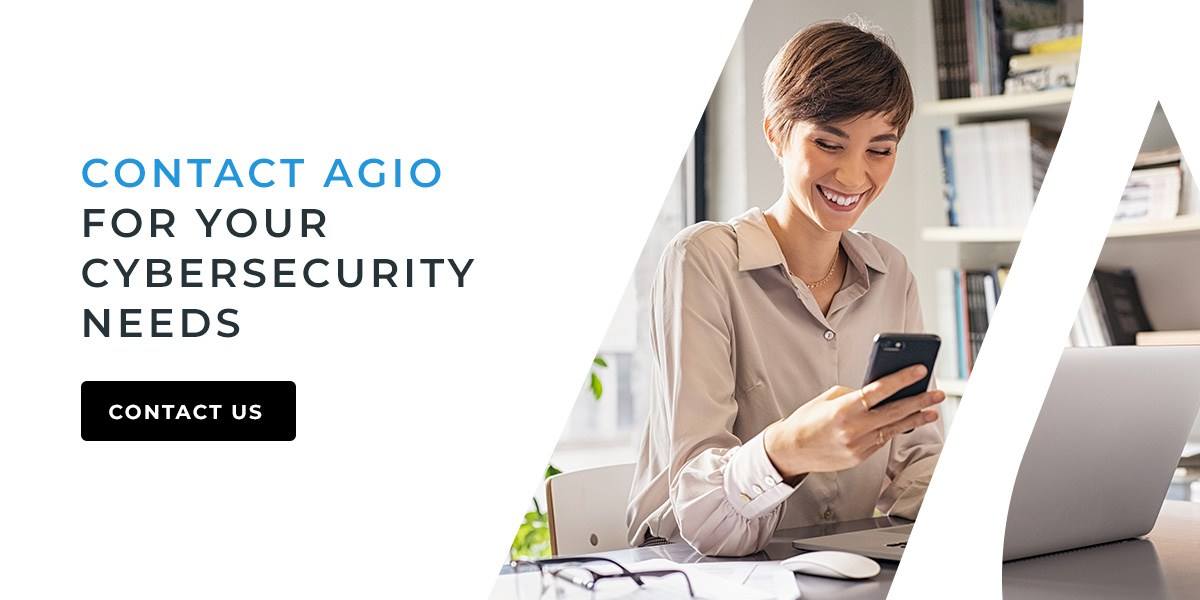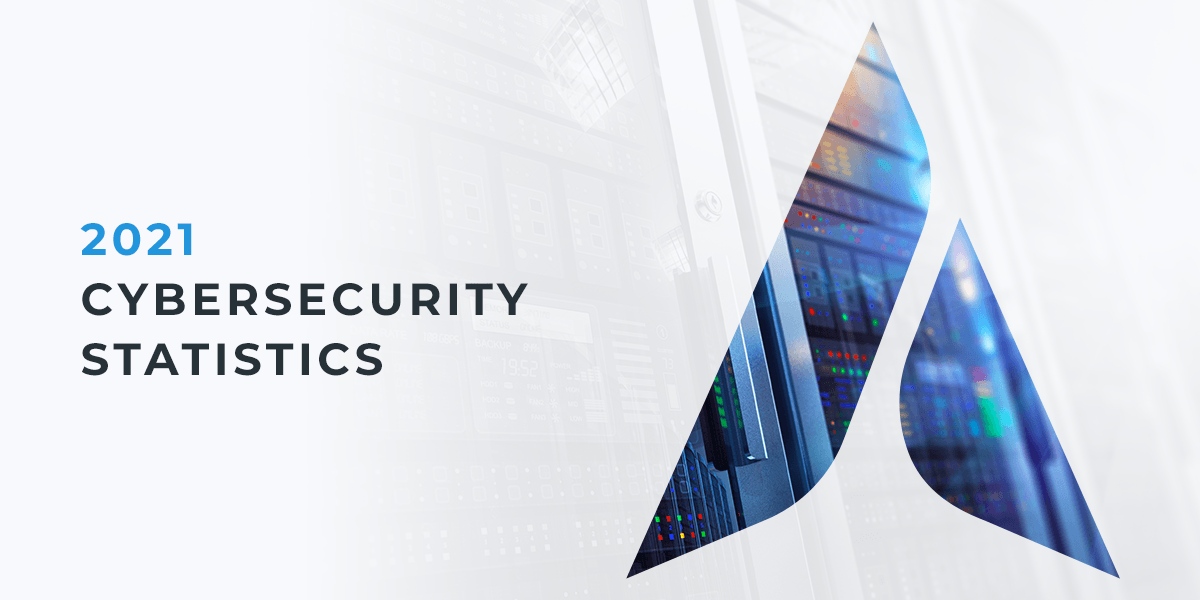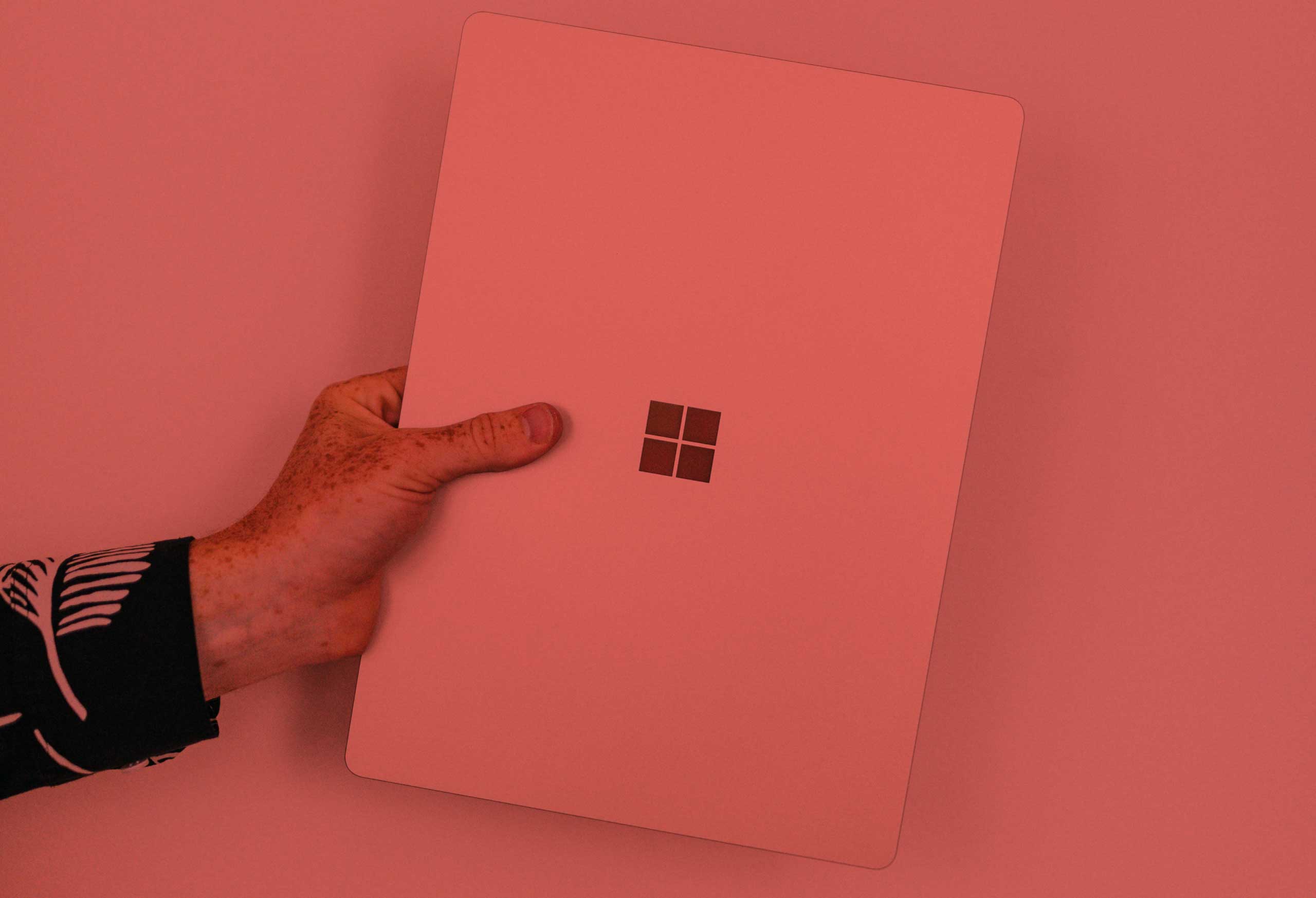How to Secure Your Crypto Wallet
Though cryptocurrency is a popular investment, investors must be diligent about protecting their money. If your crypto wallet gets hacked, you may be unable to seek legal recourse since crypto is unregulated. Learn how to protect crypto from hackers with our security tips below.
1. Use a cold wallet
A cold — or hardware — wallet is a secure way to store cryptocurrency offline. A cold wallet is a device that securely encrypts and stores your private key. Since a cold wallet is not connected to the internet, it cannot get hacked.
2. Have a secure internet connection
When making crypto transactions, use a secure, private internet connection. A virtual private network (VPN) offers extra security by changing your IP address and location to keep your browsing activity confidential. Do not trade crypto using a public Wi-Fi network.
3. Keep multiple wallets
You should put your crypto in a wallet since it’s more secure than keeping your currency on the trading platform. Storing your crypto across many wallets disperses your risk. If one private key gets stolen, your other private keys are still secure.
4. Use two-factor and multi-factor authentication
Two-factor authentication (2FA) and multi-factor authentication (MFA) protect your account by requiring another step besides your account password to log in. When setting up MFA, it’s better to get a push notification from an authenticator app rather than SMS. If you’re the victim of a SIM swap, the hacker would get the SMS text and could log in to your account.
5. Back up information
A backup wallet stores your wallet data in a safe place. If you accidentally delete something or lose your computer, your wallet will still be accessible. Back up your entire wallet regularly to save your most recent bitcoin addresses.
6. Encrypt your wallet
Encrypting your wallet involves putting a password in place before funds can be withdrawn. The password should be strong, containing several types of characters. Keep your password in a secure place — if you forget it, you can permanently lose access to your money.
7. Change your passwords regularly
Use a strong, complex password that does not contain any personal information. Each account should have a unique password, and you should change your passwords every six months. If you have multiple wallets, use separate passwords for each of them. You can also store your passwords in a password manager to keep track of them all.
Contact Agio for your cybersecurity needs
We are a hybrid cybersecurity and managed IT organization that works with financial firms for technology support and cyber protection. Learn more about our services today by contacting us.

Share post
Featured Posts
Connect with us.
Need a solution? Want to partner with us? Please complete the fields below to connect with a member of our team.




